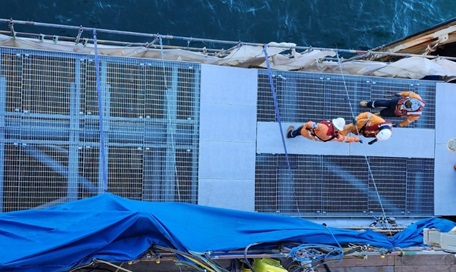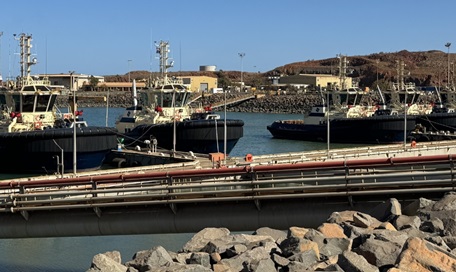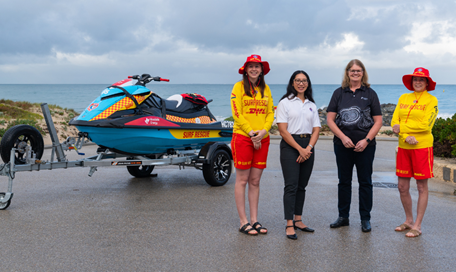Waste not...
Woodside’s quest for a safer, more sustainable way to handle mercury waste has led to Karratha becoming home to the largest recycling plant of its kind in the southern hemisphere.
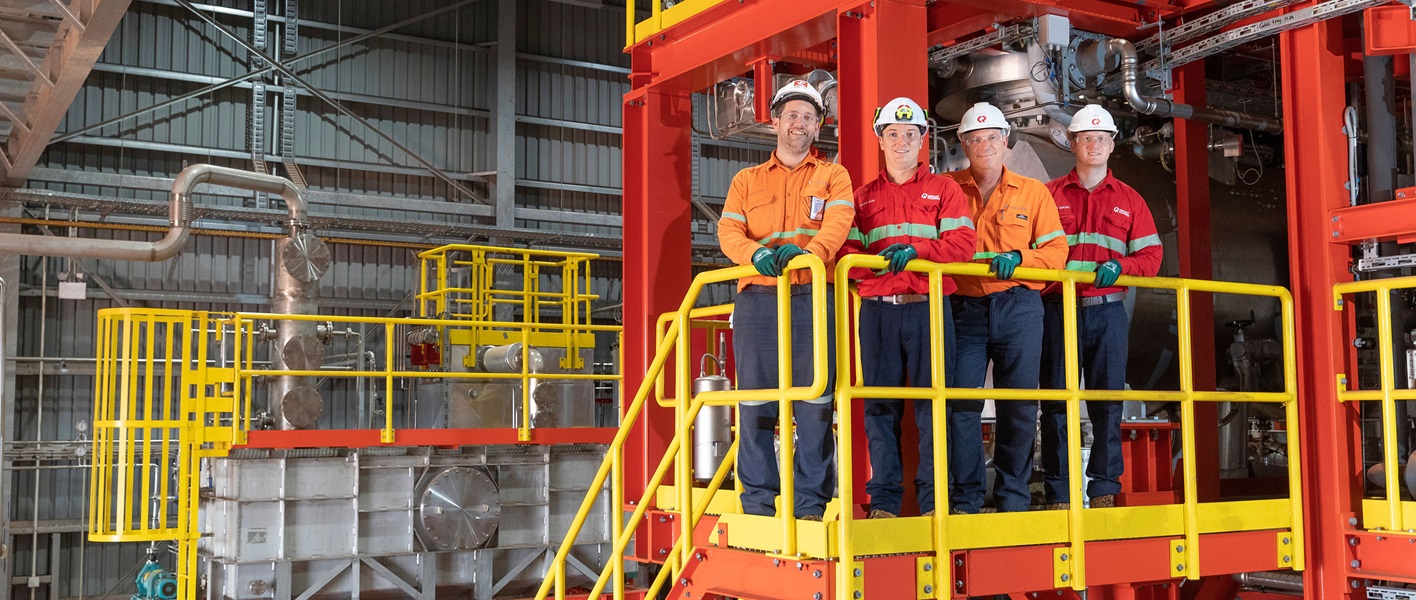
Perseverance, passion and a willingness to pool resources and expertise
The result is a more sustainable and environmentally responsible outcome to the waste issue: a world-class recycling facility in Karratha capable of treating all mercury waste produced in Australia.
Contract Resources (CR), which provides industrial and mechanical services to the oil and gas and mining industries, now owns the largest mercury-contaminated waste treatment plant of its kind in the Southern Hemisphere.
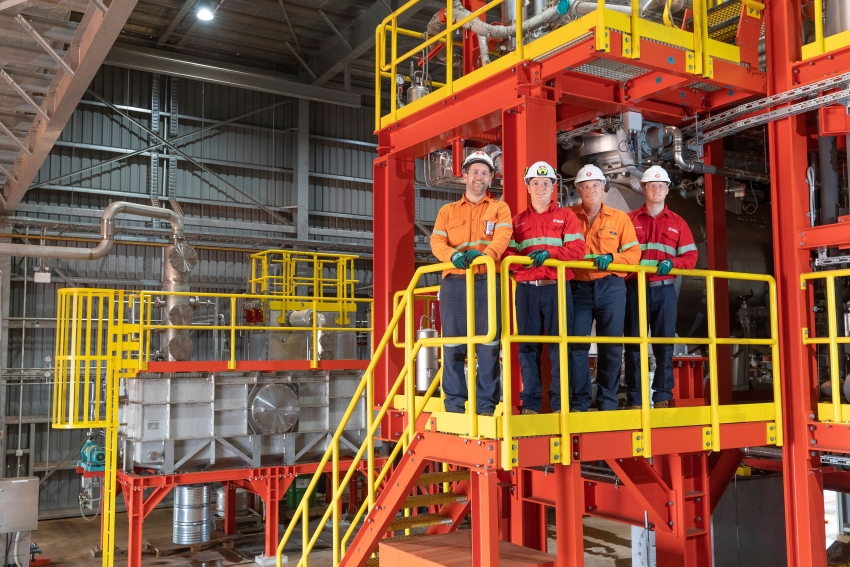
Construction and installation of the plant was 96% WA local content, introducing new skills and local employment opportunities.
Moreover, the end product is no longer waste.
Instead, processed mercury is sent to Melbourne for use in dental amalgam fillings by a company that previously imported mercury – thereby adding import replacement to resource recovery and less landfill on the list of benefits.
The Woodside team involved in the project were the worthy winners of the Sustainable Outcomes category in last year’s Woodside Awards (see the Q4 2018 edition of Trunkline).
For general manager environment Jarrod Pitson, the facility’s opening last November
“It was the result of a lot of hard work and collaboration between CR and various functions within Woodside, but together we managed to establish a fully operational world-class mercury recovery facility only three years from the very first discussions we held,” says Jarrod.
“It’s an unprecedented time frame.”
“Commercial interface manager Simon Rate, who worked in Contracting and Procurement at the time, was key to our success.”
Simon wasn’t the only contributor.
“Environment engineer Mark Wittwer provided the technical input and collected samples for me,” Jarrod adds.
“And the project wouldn’t have happened without our executive sponsor Niall Myles, the senior vice president North West Shelf and Burrup, and Phil Reid, vice president operations excellence.”
The mercury facility is in the Gap Ridge Industrial Estate, 10km outside Karratha. Located close to waste sources helps
Jeff Kerferd, CR’s resource reclamation manager, has managed the project from its concept through construction to its full commissioning.
“We had great support from Jarrod and Woodside’s environmental team and that gave us the security to know we could push forward and build this plant,” Jeff says.
He says the facility has created jobs in the community, including indigenous workers, and they have plans to expand their workforce.
Mercury is a naturally occurring element commonly found in hydrocarbon reservoirs.
It must be removed from natural gas during the process of producing LNG but exposure can be highly dangerous and its treatment is tightly regulated under The Basel Convention.
Previously, our treatment and disposal of mercury included a 12,000 km journey through 10 countries to a facility in Switzerland.
The process was administratively intensive, and delays of up to 12 months were not unknown, meaning extended periods of safe storage were required.
“Although Woodside relied on third-party contractors to transport the waste to Europe, we continued to bear responsibility until it was received in Switzerland so the company was exposed to potential liabilities,” Jarrod notes.
He was involved in our first-ever shipment of mercury waste to Switzerland in
He’d already been investigating an alternative solution to the issue when Jeff Kerferd approached him in 2015 to see if Woodside would be interested in a local solution.
“The samples, testing, technology selection, contracting – Jeff put his heart and soul into this project and so did I,” Jarrod says.
The collaboration resulted in the construction of a $25 million facility for the secure storage, processing
Jeff says it’s the first facility of its kind in Australia.
“It provides full cradle to grave waste management processes and solutions, near the source, quickly and in an environmentally responsible manner,” he points out.
It also represents the largest investment in infrastructure CR has ever made, and the company has plans to expand in the near future.
“This is now CR’s hub for the North West, and it has given us the basis to expand not only in terms of our mercury services but also our other industrial services,” Jeff says.
Niall concludes: “With shorter timelines for processing mercury and no risk of delays and uncertainties associated with permits of shipping mercury to European treatment facilities, this has been a great success story.
“With the addition of local investment, employment and Indigenous participation opportunities in Karratha on a long-term
Read the full Q1 2019 issue of Trunkline here.

